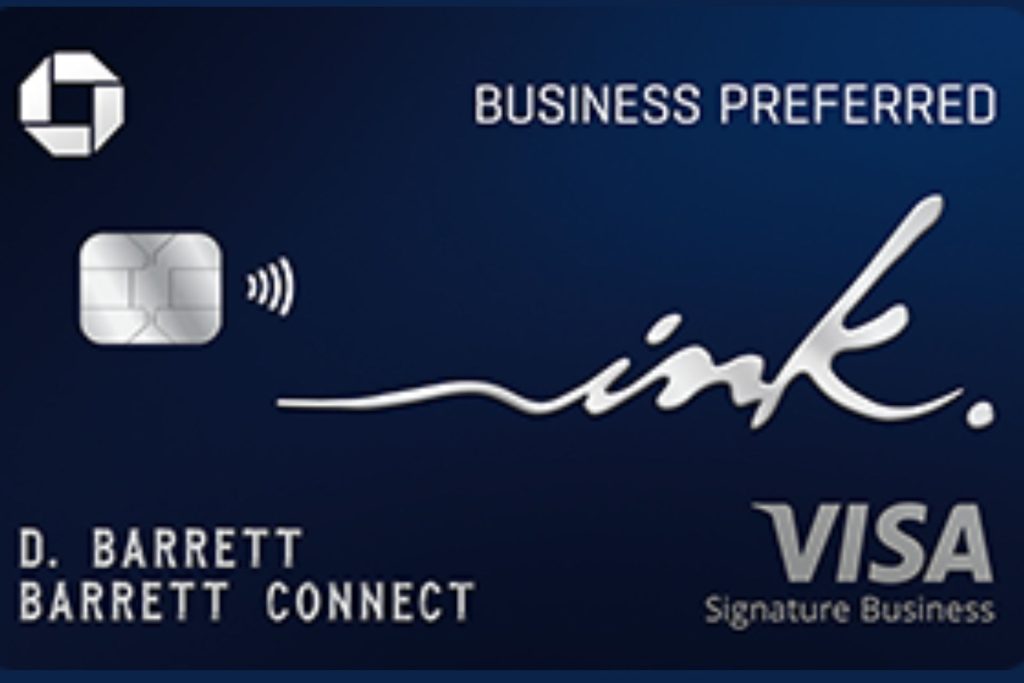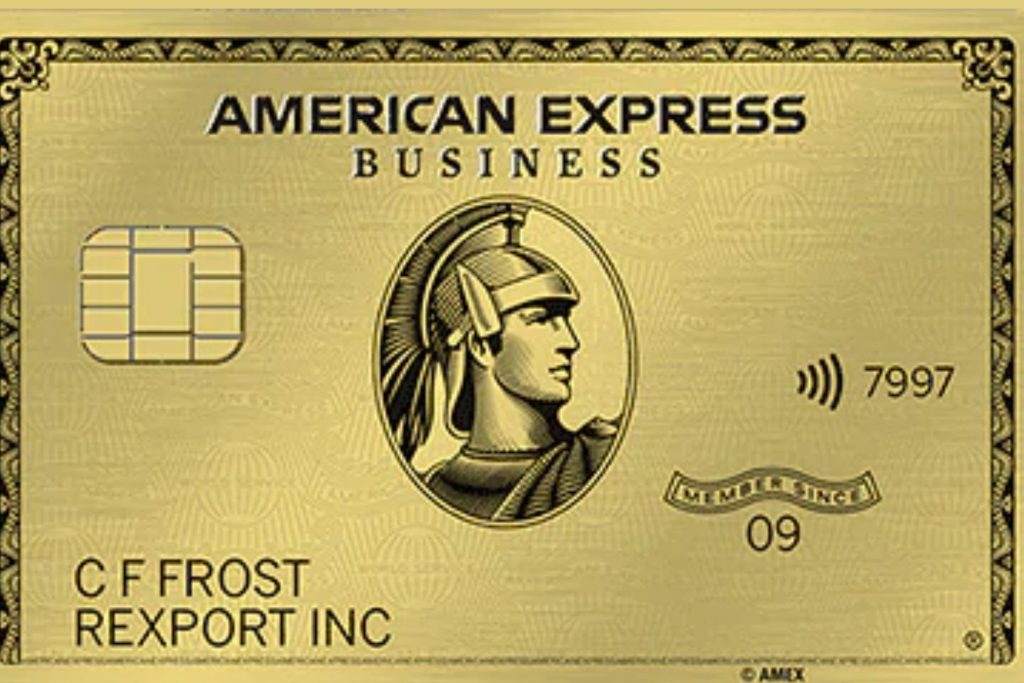Having a credit card as a business owner can help you handle employee reimbursements, finance purchases, and improve your company’s credit score. Additionally, you might be able to accumulate credit card points or awards that you can use to boost your company. However, you can select from a variety of credit card kinds depending on the size and structure of your business.
Due to the lack of a formal separation between the owner and the company, sole owners are permitted to use personal or small business credit cards for business costs. However, you might have to apply for a business card in the name of your company if you create a legal business entity. Additionally, larger businesses may benefit more from corporate credit cards than from business cards because these organisations frequently require higher credit limits, more staff cards, and more accurate reporting.
Professional and corporate cards can help you keep your personal and professional costs separate and offer features that personal cards don’t, such employee cards. Before requesting a replacement card, you should, as a small business owner, weigh your options.
Table of Content
- What are credit cards for businesses?
- Features of Business credit card
- Example of business credit card
- How to Pick the right business credit card
- What differentiates a personal credit card and a business credit card?
- What differentiates between corporate card from a small business card?
- Conclusion
What are credit cards for businesses?
A business credit card is a credit card that the company applies for and uses exclusively for business purposes. Small business or business credit cards are used for small firms, while corporate or commercial credit cards are used for major corporations.
To keep business expenses separate from personal expenses, take advantage of card benefits, and gain access to larger credit limits, a business owner may decide to apply for a business card.
Companies can make purchases on credit using business credit cards, which are financial instruments provided to them. Although they are specifically designed to satisfy the needs of businesses, they function similarly to personal credit cards. These cards have pre-set credit limitations, which may change based on the creditworthiness and financial health of the issuer.
Features of Business credit card
Key features of business credit card:
- Expense tracking: Business credit cards make expense tracking simpler by supplying full monthly statements, classifying expenses, and providing online management tools that make it easier to keep tabs on spending.
- Employee Card Management: With many business credit cards, owners can give multiple cards—each with its own spending limit—to staff members. The necessity for reimbursements is diminished by this function, which streamlines spending management.
- Rewards and incentives: Business credit cards frequently have reward programmes that let businesses accumulate points, rebates, or airline miles on eligible transactions. These benefits may be used for other things or invested back into the company.
- Building business credit: Using a business credit card responsibly can help establish and build a separate credit history for the company, which can be helpful in the future when applying for business loans or other types of credit.
How to pick the right business credit card
Your company’s financial management and perks might be dramatically impacted by choosing the best business credit card. Here are some crucial elements to take into account before choosing:
- Reward program: Analyse the rewards programmes provided by major business credit cards. Select a rewards programme that is in line with the spending habits of your company. For instance, a card with travel benefits would be useful if your organisation frequently travels for work-related reasons.
- Interest rates and costs: Your overall spending can be greatly impacted by interest rates and related fees. Attempt to find credit cards with competitive interest rates and moderate yearly and late payment costs.
- Deals at First Use: Some credit cards may offer enticing deals upon first use, such as 0% APR for a brief time or extra rewards points. These deals can save you a lot of money, especially if you intend to make substantial purchases soon after getting the card.
- Integration with Accounting Software: Verify that the credit card is compatible with any accounting software that your company may use. Tracking and reporting of expenses can be made easier by integration.
- Customer Support and Security: When managing corporate funds, it’s essential to have a dependable customer support system and strong security measures. Select a card from a trustworthy issuer with a reputation for first-rate customer support and cutting-edge security measures.
- Status of Credit Card Issuer: Examine the credibility and stability of the credit card issuer. Choose a credit card from a reputable and well-established bank.
Examples of business cards
Following are a few examples of popular business credit cards:
Credit Card from Chase Ink Business Preferred:
After you make $5,000 in purchases during the first three months of opening your account, you’ll receive 80,000 bonus points as a welcome bonus with this card. Additionally, it gets 2x points on petrol stations and office supply purchases and 3x points on meals and travel.

Gold Card from American Express for Business:
After you spend $4,000 on purchases during the first three months of opening your account, this card will give you a welcome bonus of 75,000 Membership Rewards® points. Additionally, it gets 4x points for booking flights directly through the airlines or through Amex Travel and 2x points for dining out and prepaying for hotels through Amex Travel.

What differentiates a personal credit card and a business credit card?
Small business owners and sole proprietors are eligible for small business credit cards. Although there are significant distinctions to take into account, you can use these cards in a manner similar to how you would use a personal credit card.
The CARD Act of 2009, which established a number of consumer protections, often only applies to personal cards. For example, it places restrictions on when card issuers can change interest rates and how much they can charge in fees. Similar terms may be voluntarily added to some credit card providers’ small company credit cards, but not always.
A small business card can be appealing even if you have the choice to use a personal credit card because it frequently has features that are beneficial to businesses. For instance, the majority of business cards allow you to add free employee cards linked to your account and create numerous user profiles. On typical company purchases and expenses for things like shipping, internet advertising, or products at office supply stores, you can also be eligible for bonus points.
The hitch is that you almost certainly have to consent to a personal credit check and sign a personal guarantee when you apply for a small business credit card. If your business defaults on the debt, you are also held personally accountable. Some card issuers submit information about your small business card to consumer credit agencies.
What differentiates between corporate card from a small business card?
Due to the fact that they are only offered to larger enterprises and businesses, corporate credit cards, also known as commercial credit cards, differ from small company credit cards. To meet the spending and accounting requirements of a major organisation, these card accounts could have significantly larger spending caps and more specialised reporting.
For corporate cards, card issuer restrictions can vary, but you may need to have a particular number of workers, fulfil minimum yearly revenue limits, or maintain a minimum account balance. For instance, you might be required to have at least 15 employees as well as $100,000 in your business’s bank account or $4 million in annual revenue.
In contrast to a small business credit card, the account is not personally accountable to the business owner. The company’s finances and credit are often what determine eligibility; there is typically no need to examine personal credit. Card issuers frequently emphasise how businesses may use their cards to manage and track employee expenses, even though corporate cards may offer rewards and cardholder perks.
Conclusion
Business credit cards are useful financial instruments that can improve the financial management of your firm and offer extra benefits through rewards programmes. Examine the requirements of your company, contrast features and perks, and select a card that is in line with your financial objectives and spending habits as you consider the many possibilities available in 2023. A wisely picked business credit card can give your company a competitive advantage and support its expansion and success.

